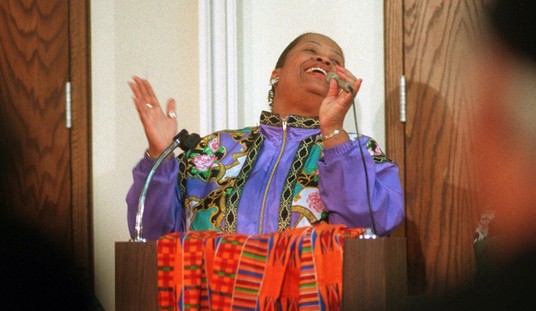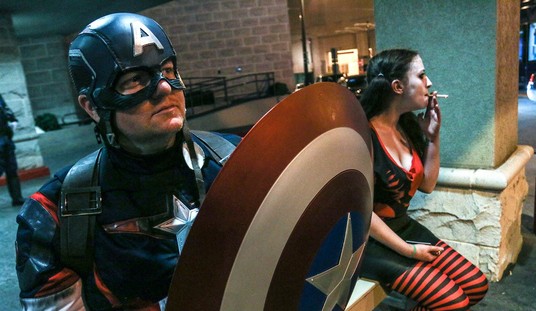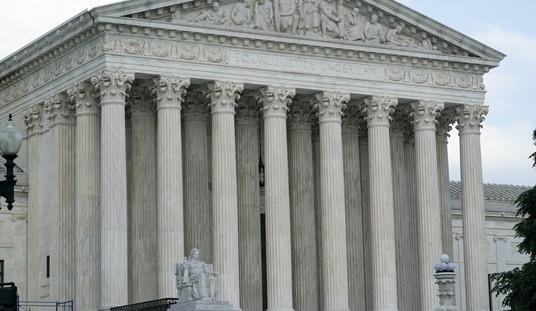“O.K., you want rape? Here’s [expletive] rape.”
So says Emmy Award-nominated actress Annabella Sciorra in Ronan Farrow’s latest piece for The New Yorker detailing the ever growing list of Harvey Weinstein victims. Sciorra’s quote comes as she’s recounting her reaction to watching women finally speak about their encounters with Weinstein, only to be marginalized or made to feel they hadn’t actually been assaulted because the predator stopped short of forcing intercourse. Sciorra, who has remained silent out of what can only be described as terror for 20 years, told Farrow (after initially turning him down out of habitual fear and silence) that Weinstein, in the early 90s when they were both rising stars, pushed his way into her apartment and unequivocally raped her as she kicked and fought, telling him no and to get out.
And then, despite declining to tell anyone what happened to her for many years — and only then confiding in a few close friends — Weinstein still, she believes, tried to ruin her career by planting the rumor she was difficult to work with. The work, she says, dried up after a very promising start (I, personally, as something of a film buff, remember she just sort of went away inexplicably). Perhaps most disturbing, when she began to work again after a 3 year hiatus from 1992-95, there was Harvey again. Showing up at hotels where she was staying, sending cars to pick her up, leaving messages at front desks, harassing, stalking, intimidating.
Digressing for a minute, I have urged, from the start of the #metoo hashtag campaign and the cascade of sexual harassment allegations that followed, caution, particularly from women. I believe behavior falls on a spectrum, and the jerk guy in your office who points out how nice your rear looks today is a far cry from home invasion and rape. And I maintain we should continue to be as reasonable as possible when thinking about these things. Primarily because, if we are not, we take seriously the idea that wannabe starlets accusing a 93 year old man in a wheelchair suffering from Parkinson’s disease are truly suffering victims. And we end up with inane provocateurs like sometime-journalist Lauren Duca:
I believe that we officially have enough evidence that men are bad
— Lauren Duca (@laurenduca) October 25, 2017
And I absolutely believe these forays into fantasy do dilute the experiences of someone like Sciorra (and Daryl Hannah, also mentioned in the story as someone that narrowly escaped Sciorra’s fate, but who also had trouble shortly thereafter finding work for turning Harvey down).
There’s a reason these women take so long to speak, and I would hate to think that the dilution of their experience — oh, that’s just Harvey, you know. It’s just how he is. Everyone has to deal with that if they want to work with him, darling — might be part of it. I’m not suggesting it is, but I would hate to think it plays a role at all.
It’s psychologically terrifying that Harvey — knowing what he had done to Sciorra was a reprehensible moral transgression and an actual crime — tried to shut her up by ruining her reputation, despite her decision to stay silent on her own terms. And it’s no coincidence that the later harassment and intimidation came at a time when she began to work again. Harvey has a loose end, you see. Her silence frightened him because he didn’t know what to do with it, and had no control over it.
That’s not to suggest women should stay silent. Sciorra suffered for 20 years, petrified, she says. That’s no way to live.
But I think the most troubling thing about this latest revelation is that I believe what Hannah says about silence — she feels morally obligated to support those who suffered more than she did now that they’ve opened up — is really at the heart of the matter, more than fear of career ruination or physical harm:
“It’s one of those things your body has to adjust to. You get dragged into the gutter of nastiness and pettiness and shame and all of these things, and it sometimes seems healthier and wiser to just move on with your life and not allow yourself to be re-victimized.”
These predators — and Harvey bullied men as well — drag you down into the mud against your will, and then keep throwing it at you to control you. They are vicious people, and Harvey belongs in jail.
And so the question I keep coming back to, and the one I have no answer for is this one: as a culture, how do we let these people, people who should actually be incarcerated, rise to the top so they are able to amass enough power to damage people at their discretion and without consequence? What are we idolizing and forgiving that sends these people up the ladder of success?
If we can begin to get some traction on those questions, we might be able to start understanding the trouble with Harvey and what to do about it, without conflating his disgusting transgressions with innocuous dirty jokes from decent men just trying to make us laugh.













Join the conversation as a VIP Member